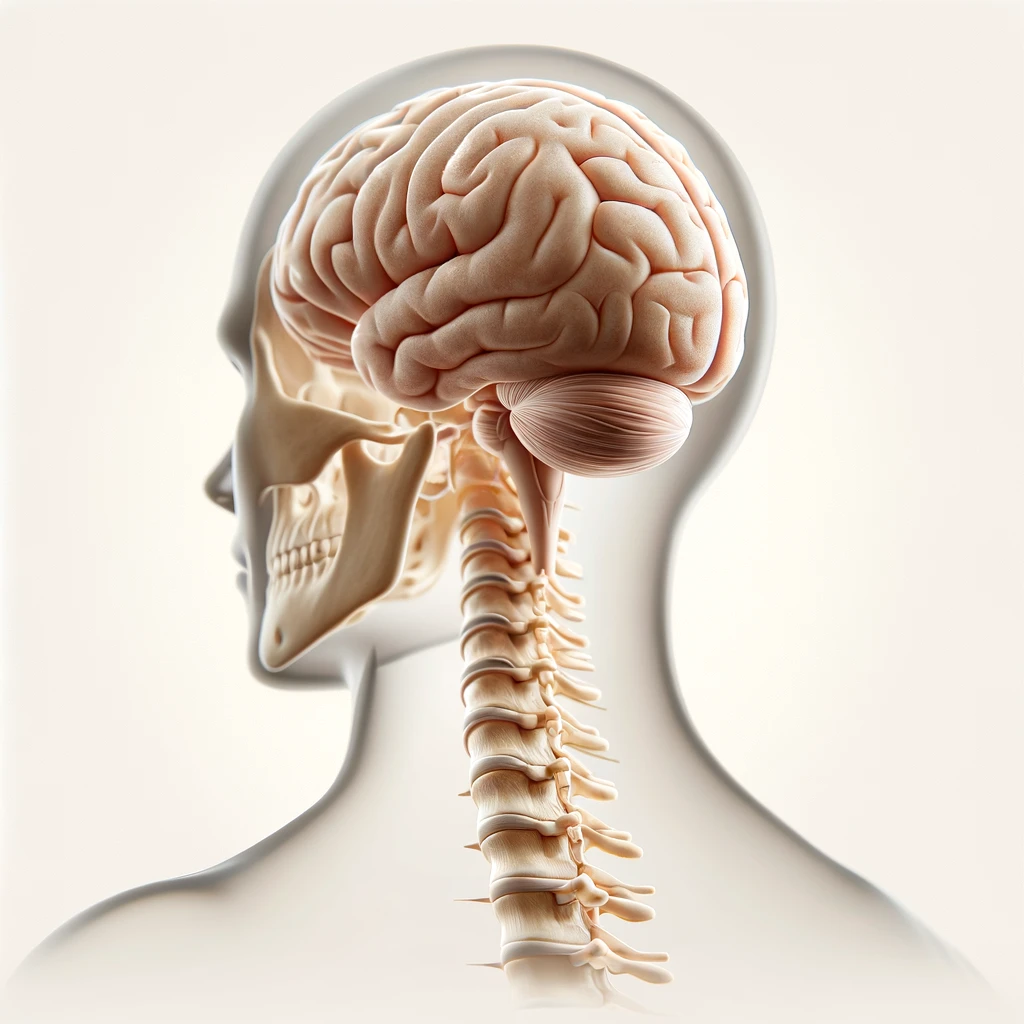Multiple Sclerosis: Causes, Types, Risk Factors, Symptoms, Diagnosis, Medications, and Comprehensive Management, Including Temperature Considerations

Dr. Craig Smith, MD
4 Min read
Multiple Sclerosis (MS) is a complex neurological disorder influenced by genetic, environmental, and immune factors, impacting the central nervous system. In this comprehensive exploration, we will delve into the intricate interplay of these factors and discuss the types of MS, risk factors, symptoms, diagnosis, medications, and the broader spectrum of comprehensive management, including lifestyle considerations and temperature impacts.
I. Causes of Multiple Sclerosis:
Immune System Dysfunction: MS is an autoimmune disease where the immune system erroneously attacks the myelin sheath around nerve fibers, causing inflammation and damage. Recent studies have identified specific genetic markers associated with MS susceptibility, shedding light on the complex genetic underpinnings.
Genetic Factors: A significant role is played by genetic predisposition, with a higher risk for those with a family history of the disease. Recent epidemiological studies have noted variations in age of onset based on geographical and ethnic factors, providing insights into potential age-related influences.
Viral and Bacterial Exposure: Certain infections, like the Epstein-Barr virus, and bacteria may contribute to MS development by triggering abnormal immune responses leading to demyelination. Ongoing research investigates the specific mechanisms through which these infections may influence the onset and progression of MS.
II. Types of Multiple Sclerosis:
- Relapsing-Remitting MS (RRMS): Characterized by alternating periods of symptom exacerbation (relapses) and partial or complete recovery (remissions). Advances in imaging technologies have allowed for a more precise understanding of the fluctuations in demyelination and inflammation during relapses and remissions.
- Secondary Progressive MS (SPMS): Follows an initial period of RRMS, with symptoms progressively worsening over time, with or without relapses and remissions. Recent clinical trials have focused on developing therapies specifically targeting the progressive phase of MS.
- Primary Progressive MS (PPMS): Progresses steadily from onset, with no distinct relapses or remissions. Innovative approaches, including neuroprotective strategies, are being explored for more effective management of PPMS.
- Progressive-Relapsing MS (PRMS): Less common, characterized by a steady worsening of symptoms with occasional relapses. Ongoing research aims to identify factors that contribute to the unique clinical features of PRMS for more targeted interventions.
III. Risk Factors for Multiple Sclerosis:
Age: Typically diagnosed in individuals between 20 and 50 years old. Recent epidemiological studies have noted variations in age of onset based on geographical and ethnic factors, providing insights into potential age-related influences.
Sex: Women are more commonly affected than men. Hormonal factors, particularly estrogen levels, are under investigation for their potential role in the gender disparity observed in MS prevalence.
Geographical Influence: Higher prevalence in temperate climates farther from the equator. Ongoing research explores the impact of environmental factors, such as sunlight exposure and vitamin D levels, on the geographical distribution of MS.
Family History: Genetic factors contribute to susceptibility, with a higher risk for those with a first-degree relative with MS. Comprehensive genetic studies continue to uncover specific gene variants associated with familial clustering of MS cases.
Infectious Agents: Exposure to certain viral and bacterial infections has been linked to an increased risk of developing MS. Current research focuses on understanding the interplay between these infectious agents and the immune system to elucidate potential preventive strategies.
IV. Symptoms of Multiple Sclerosis:
Symptoms vary but may include fatigue, numbness, vision problems, coordination issues, cognitive changes, and bowel/bladder dysfunction. Recent advancements in patient-reported outcomes and wearable technology are providing more nuanced insights into the day-to-day impact of these symptoms on individuals with MS, contributing to more patient-centered care approaches.
V. Diagnosis of Multiple Sclerosis:
Diagnosis involves a comprehensive approach, including medical history, physical examination, MRI scans, lumbar puncture, and evoked potential tests. Emerging diagnostic techniques, such as advanced imaging modalities and biomarker identification, are being explored to enhance the accuracy and efficiency of MS diagnosis.
VI. Medications for Multiple Sclerosis:
Disease-Modifying Therapies (DMTs):
- Interferons (Avonex, Betaseron, Rebif)
- Glatiramer acetate (Copaxone)
- Fingolimod (Gilenya)
- Natalizumab (Tysabri)
- Ocrelizumab (Ocrevus)
- Alemtuzumab (Lemtrada)
- Dimethyl fumarate (Tecfidera)
- Teriflunomide (Aubagio)
- Siponimod (Mayzent)
Research into personalized medicine and the identification of specific biomarkers is paving the way for more targeted and effective use of DMTs. The development of oral formulations and novel drug delivery mechanisms is also improving treatment adherence and patient convenience.
Symptomatic Treatments:
- Fatigue: Amantadine, modafinil, and lifestyle modifications.
- Pain: Acetaminophen, NSAIDs, and medications targeting neuropathic pain.
- Muscle Spasms: Baclofen, tizanidine, and physical therapy.
- Bladder Dysfunction: Anticholinergic medications, catheterization, and behavioral strategies.
Recent studies on symptomatic treatments focus on their long-term efficacy and potential combination approaches to address multiple symptoms simultaneously. Integrative therapies, including yoga and mindfulness, are gaining recognition for their positive impact on symptom management and overall well-being.
Temperature Management:
- Heat Sensitivity: Cooling vests, avoiding hot environments, and temperature-controlled living spaces.
- Cold Sensitivity: Layered clothing, warm beverages, and managing exposure to cold temperatures.
Exploration of innovative temperature management strategies involves wearable technologies and smart devices designed to provide real-time data on an individual's thermal comfort, allowing for personalized adjustments.
Engaging with Healthcare Providers:
- Regular check-ups with neurologists and MS specialists.
- Open communication about symptoms, medication efficacy, and concerns.
- Collaboration in developing personalized care plans.
- Seeking guidance on managing temperature-related challenges.
Patient-centered care models are increasingly emphasizing shared decision-making, empowering individuals with MS to actively participate in their treatment plans and fostering stronger partnerships between patients and healthcare providers.
Conclusion:
Multiple Sclerosis necessitates a comprehensive management approach, encompassing medications, lifestyle adjustments, and engaging with healthcare providers for personalized care. Understanding the array of available medications and incorporating temperature considerations into daily life empowers individuals with MS to navigate their journey with greater resilience and an improved quality of life. Ongoing research and collaborative efforts within the healthcare community offer hope for continued advancements in MS management and enhanced patient outcomes.